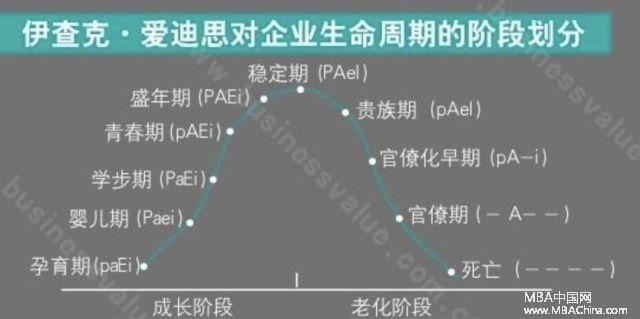If you don't know the leverage in the workplace, you'll be
Number of visits:1245 Publisher:Huakai Shida
The test contents are as follows:
Dr. Christian Northrup, a former president of the American General Practice Association, once wrote a book, "The Wisdom of Menopause." She said that menopause is not the beginning of a woman's physical decline, but a turning point in life. If used properly, life can be recreated. In our culture, "menopause" is a taboo word, even evolved into a curse. This book tries to correct people's misunderstandings and prejudices. In the author's opinion, "Instead of fearfully avoiding or delaying its arrival by various unnatural means, women should face it squarely, consciously participate in it, and earnestly promise to change and treat our body, mind and spirit to a deeper extent. Then menopause will be an exciting stage of development." In fact, modern medical research shows that men also need the wisdom of menopause.
In the second half of life, it is inevitable that physical strength and physique changes will occur, which will lead to changes in self-evaluation and mood and temper. Career, health and family are all likely to face new challenges. Faced with this challenge, a common misunderstanding is "not obedient to old age", unwilling to adjust their mentality, lifestyle and work style with the evolution of life stages. Faced with the second half of life, we need to be calm and accessible as the book writes, rather than resisting and grieving, in order to usher in the "high quality of the rest of life".
With a good mentality, we have the most important foundation of "taking a good downhill road". At the same time, we need to rethink the meaning and value of life, do more subtraction, really practice "cut off", and design a new life path according to new goals, including finding the most suitable new position in the work unit. "Downhill Road" is a problem that everyone will face. This stage not only lies in life, but also in the life cycle of enterprises.

Looking at the history of Western management thoughts, many scholars have discussed the life cycle of enterprises. Some of these concepts, such as "low tide period" and "recession period", describe problems similar to downhill roads. Technological changes, changes in consumer demand, economic or social crises, changes in competition patterns, and problems in self-management may push an enterprise to a low ebb and have to go downhill. Some enterprises will change actively in the low tide period, complete the transformation and take a new step. There are also some enterprises that can not survive the downturn and eventually die out.
Undoubtedly, for many multinational companies with a long history in developed countries, how to go downhill is an old problem. They have rich experience or lessons on how to get through the downturn. However, for most young Chinese enterprises, this is a new topic.
In the context of the rapid growth of China's economy for more than 30 years, many Chinese enterprises may be accustomed to "singing loudly and forging ahead". Therefore, managers tend to pay more attention to such topics as how to "grow bigger and stronger" and "from excellent to excellent". When the economy enters the "new normal" and L-shaped trend appears, some enterprises have to face stagnation or downturn due to shrinking demand or excess capacity.



